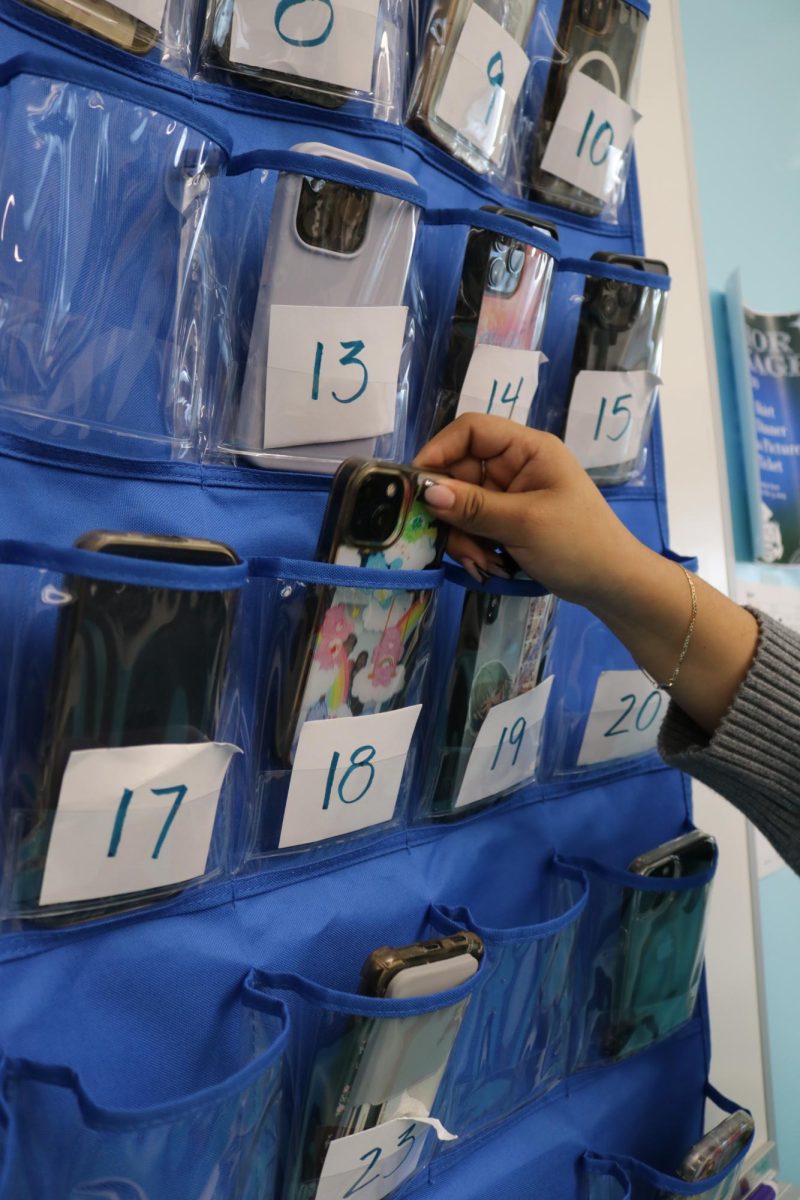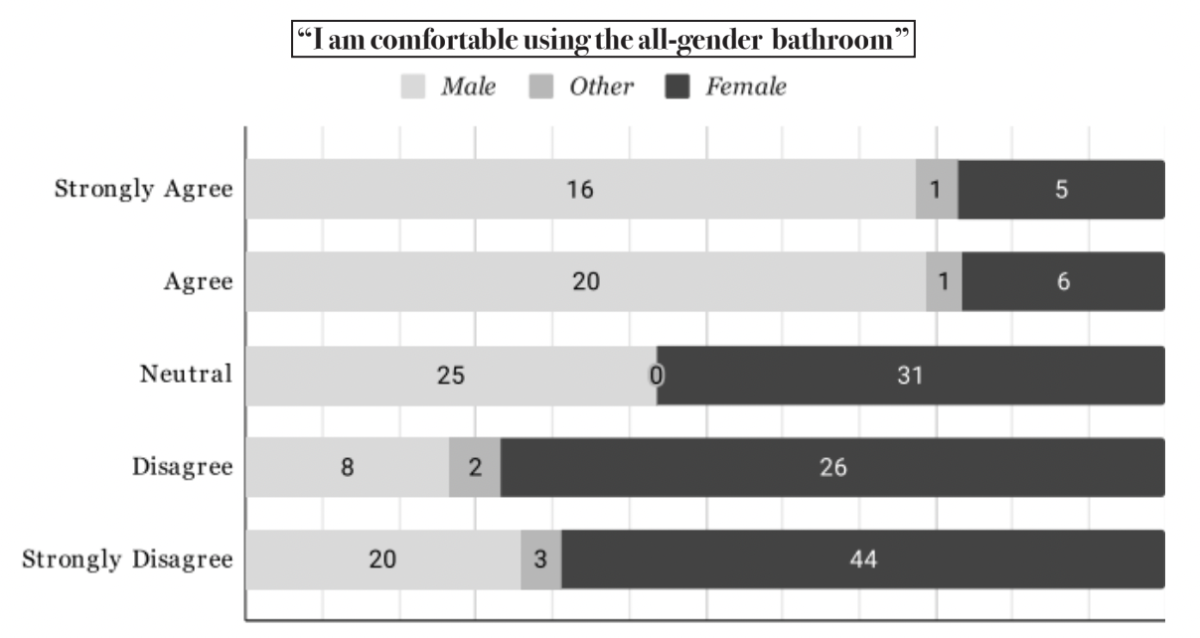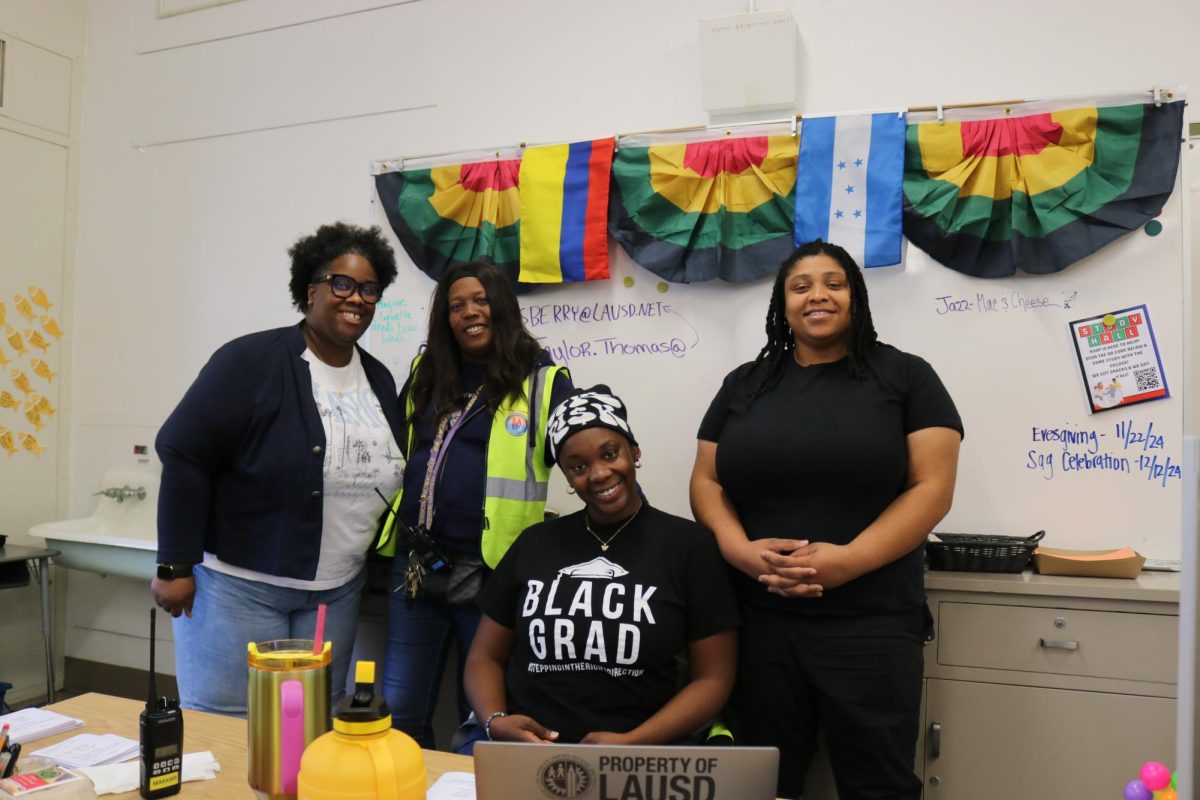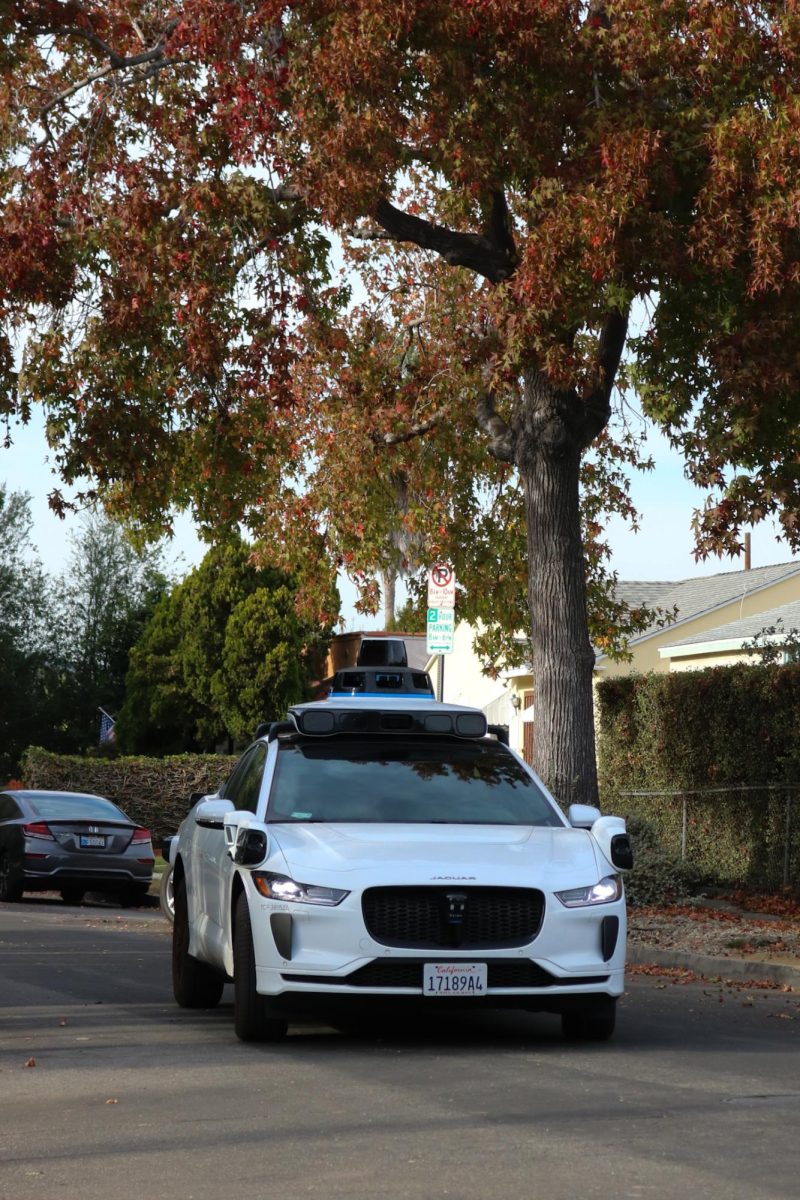As technology gets more prevalent in our modern day world, it’s started making its way into the world of parenting.
Previous generations of parents have had to rely on community and trust to ensure their child’s safety. However, as most modern day teens have a tracking device in their pocket, parents have taken advantage of this new technology.
According to a survey of 1,000 parents of children under 18 conducted by All About Cookies, 80% of parents track their children’s location, and 39% of parents do so without their knowledge.
While there are many reasons why parents might feel to need to track their children, safety and trust seem the most common.
Parents aren’t the only ones who benefit from GPS tracking. When used with clear boundaries set, it can give peace of mind to teens as they try to navigate this increasingly uncertain world, knowing a trusted parent knows where they are.
“If I’m in a potentially dangerous situation, someone’s gonna know where I am,” said sophomore Madison Beeson.
There are many methods that give parents access to their kids’ location. Built-in tracking features on devices such as FindMy are the most accessible, but third-party family safety apps are also a common method.
One popular tracking app among parents is Life360. It’s marketed as a family driving safety app because of its features such as GPS tracking, crash detection, speed monitoring, and location history.
On Life360’s website, they acknowledge that “some kids and teens might feel their parents are going overboard” when using the app.
They say kids may feel “micromanaged” by the app’s constant surveillance. However, they encourage kids that it’s important to “set boundaries to help them feel more comfortable with location sharing.”
While the overwhelming majority of parents track their kids, according to the All About Cookies survey there are still 20% that refrain.
Venice’s parent coordinator Kellie Lortie is one of those parents. Kellie’s daughter, Samantha Lortie, studied abroad in Madrid last summer. She was 16 at the time. Kellie had found out about Life360 from a friend. She downloaded it, but during the registration process she decided against using it.
“I just told myself, I have to put faith in my kid and faith in the program, and let her navigate it, because that’s the purpose of letting her do that,” said Kellie.
“I feel like the whole point of studying abroad is to be independent, and you don’t have that same independence if people know exactly what you’re doing,” said Samantha.
As this new technology advances, the debates over digital surveillance in the world of parenting will likely intensify. We have to navigate this evolving landscape with care, and make sure teens’ safety doesn’t come at the expense of their privacy and autonomy.











